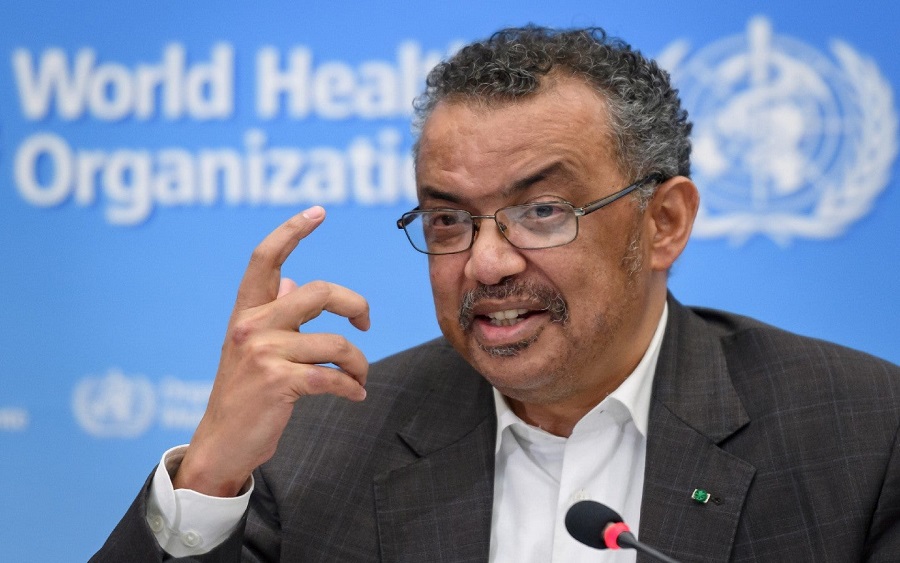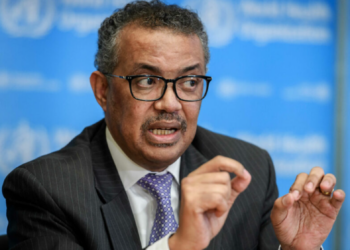The World Health Organization’s Emergency Committee has opposed the request of proof of vaccination as a condition of entry for international travel.
This is due to the limited evidence on whether vaccination against Covid-19 is able to reduce the transmission of the disease and the persistent inequity in the global distribution of the vaccine.
This disclosure is contained in a statement issued by the WHO after the seventh meeting of the International Health Regulations (2005) Emergency Committee regarding the coronavirus disease (COVID-19) pandemic, which was convened by the global health body’s Director-General, Dr Tedros Adhanom Ghebreyesus, on Thursday, April 15, 2021.
READ: Covid-19: FG discloses why it is pausing vaccinations soon in some states
The recommendation by the WHO’s Emergency Committee is coming as various countries are considering the idea of launching vaccine passports for travellers and for other activities including sports.
The Committee said that countries should know that requiring proof of vaccination deepens inequities and promotes unequal freedom of movement.
The statement from the WHO’s Emergency Committee partly reads, “Do not require proof of vaccination as a condition of entry, given the limited (although growing) evidence about the performance of vaccines in reducing transmission and the persistent inequity in the global vaccine distribution.
“States Parties are strongly encouraged to acknowledge the potential for requirements of proof of vaccination to deepen inequities and promote differential freedom of movement.’’
READ: COVID-19: Over 700 thousand Nigerians vaccinated in March
The statement also pointed out the following:
- Prioritize vaccination for seafarers and aircrews in line with the Joint statement on prioritization of COVID-19 vaccination for seafarers and aircrew. Special attention should be paid to seafarers who are stranded at sea and who are stopped from crossing international borders for crew change due to travel restrictions, including requirements for proof of COVID-19 vaccination, to ensure that their human rights are respected.
- Implement coordinated, time-limited, risk-based, and evidence-based approaches for health measures in relation to international traffic, in line with WHO guidance and IHR provisions. If States Parties implement quarantine measures for international travellers on arrival at their destination, these measures should be based on risk assessments, and consider local circumstances.
- Reduce the financial burden on international travellers for the measures applied to them for the protection of public health (e.g. testing, isolation/quarantine, and vaccination), in accordance with Article 40 of the IHR.
- Share information with WHO on the effects of health measures in minimizing transmission of SARS-CoV-2 during international travel to inform WHO’s development of evidence-based guidelines.
What you should know
- The European Union member states have already agreed on vaccine certificates, China has launched a health certificate program for travellers, and airline companies are also considering requiring vaccination proof.
- The US had earlier this month said that it would not require vaccination passports but added that the private sector was free to explore the idea.
- The WHO, for now, has only approved 3 vaccines for the coronavirus—the one manufactured by Pfizer-BioNTech, the AstraZeneca-Oxford vaccine made in India and South Korea, and the Johnson & Johnson vaccine.























